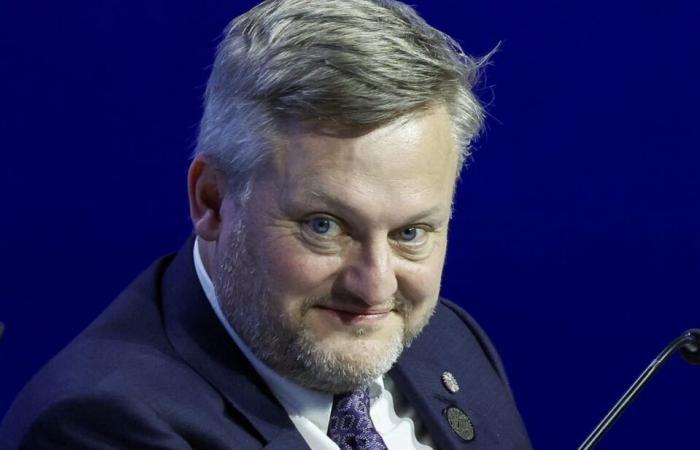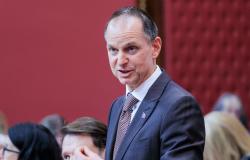The marketing of gas produced by the Grand Tortue Ahmeyim (GTA) field operated by British Petroleum (BP), in the maritime border zone between Mauritania and Senegal, is still planned for early 2025. Unless postponed at the last minute
The comments made on September 30 by the CEO of BP, Murray Auchincloss, are intended to be reassuring regarding the maintenance of an agenda announced before the resignation of his predecessor, Bernard Looney, at the end of 2023.
The CEO of British Petroleum has announced “significant progress” towards the exploitation of the Ahmeyim LNG project, located off the coasts of Mauritania and Senegal. Some observers saw the words as a possible undermining of a timeline by which BP plans to begin production – and exports – in early 2025, underscoring the growing importance of natural gas in the energy landscape. global.
As part of efforts to advance the project, David Campbell, Executive Vice President of BP, visited Nouakchott during the month of September, and was even received by the highest authorities of this country, the President Ghazouani and his Prime Minister Moctar Ould Diay, former Minister of Economy and Finance under Mohamed Ould Abdel Aziz and therefore, a major player in the signing of the CPP (Production Sharing Contract) with BP and Kosmos Energy.
Nouakchott, Mr. Campbell, who now manages GTA, also met with key officials in the Mauritanian energy sector to discuss the details of the project and its potential benefits. A sort of final adjustment before the moment long awaited since 2015.
Following his discussions in Mauritania, Mr. Campbell traveled to Dakar, where he endeavored to address, with due tact and caution, and resolve the remaining differences between the governments of Mauritania. and Senegal. Because we believe, rightly or wrongly, that the change of power in the two countries has aroused a sort of distrust in relation to the assembly carried out by Macky Sall and Ould Abdel Aziz. The two presidents, who were both aware that they were going to leave before GTA was operational, had also maneuvered to protect their backs. But we know how things happened afterwards, with Ould Abdel Aziz placed in prison and Macky Sall whose presidential candidate was soundly beaten by Diomaye Faye!
So, in the new political context, especially in Senegal, discussions focused on strengthening cooperation, highlighting the mutual benefits and significant opportunities that the Ahmeyim LNG project presents for both countries.
BP wants to put all the chances on its side
Grand Tortue Ahmeyim (GTA) also saw a change in leadership with the arrival of Dave Campbell in place of Emil Ismayilov, who has led the project since January 2021. Campbell, with his experience in project management for BP in Asia-Pacific since 2018, is called upon to ensure the start of production of the gas project in early 2025, following a 28-month delay which caused a significant increase in development costs.
The new manager comes at a critical time, just after the announcement of a financial audit aimed at assessing the additional costs of the project’s development work. This audit, launched jointly by the two countries involved, seeks to understand the financial impact of the substantial increase in capital expenditure costs (CAPEX) on the revenues of Mauritania and Senegal.
In addition to resolving ongoing issues, Dave Campbell is responsible for expediting the decision-making process regarding the second phase of project operations.
As a reminder, the Final Investment Decision (FID) of the GTA project was signed in 2018 between the two countries and the companies Kosmos and BP. The first phase of the 20-year project aims to produce 2.3 million tonnes of natural gas, with plans to increase production to 6 million tonnes in the second phase and 10 million tonnes in the third.
The project not only promises to strengthen the region’s energy security, but is also part of global efforts to move towards cleaner energy sources.
By exploiting the vast natural gas reserves of the Ahmeyim field, BP intends to play a central role in meeting the growing demand for LNG in international markets, thereby strengthening the region’s position as a major player in the global economy.
Par Mohamed SneibaPermanent Correspondent – Nouakchott






